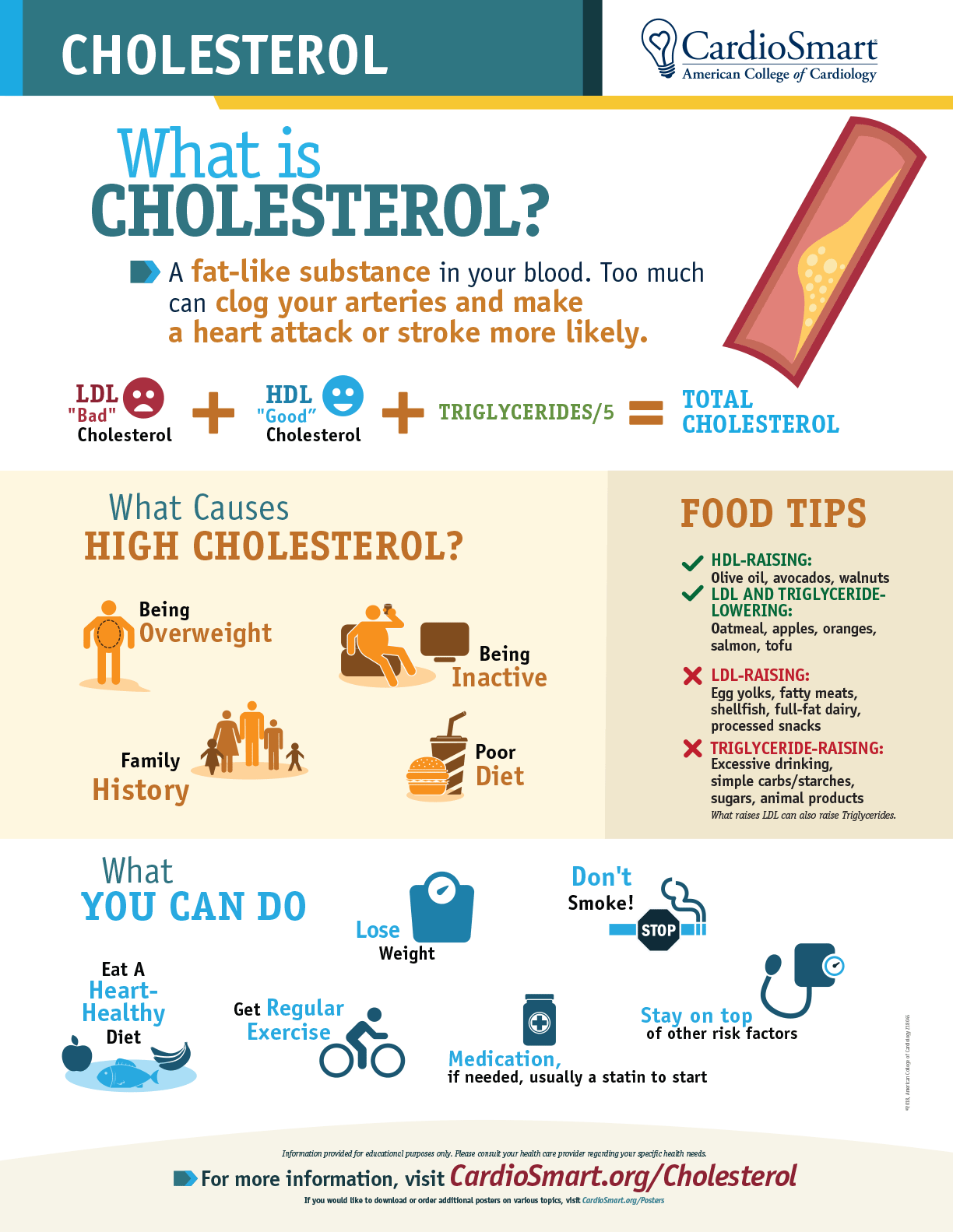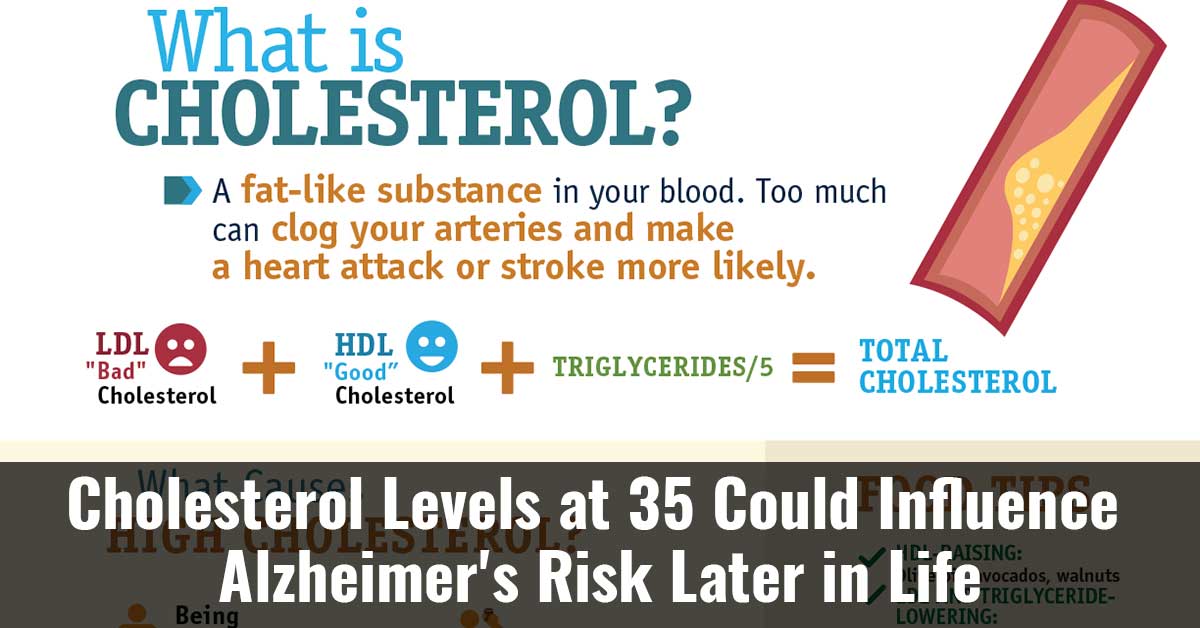Ignoring glucose and cholesterol levels could influence your likelihood of getting Alzheimer’s disease later on in your life. According to researchers, lower HDL cholesterol and high triglyceride blood levels as early as 35 years old are linked to a higher occurrence of Alzheimer’s disease several decades later on in life. 1✅ JOURNAL REFERENCE
DOI: 10.1002/alz.12641
They also discovered that high blood glucose measured between the ages of 51 and 60 is linked to risk of Alzheimer’s disease later on in life.
Although the results confirm other research that associated glucose and cholesterol blood levels with future Alzheimer’s disease risk, this study has demonstrated that these associations start much earlier in life than previously believed.
The researchers think that although high LDL cholesterol has been consistently linked to Alzheimer’s disease risk in a lot of earlier research, the link between HDL cholesterol and Alzheimer’s disease was inconclusive, possibly because the majority of research looking at these associations were carried out in individuals who were 55 and older at baseline.
This study was carried out making use of data obtained from participants of the Framingham Heart Study who were examined in intervals of approximately 4 years during most of their adult lives.
Correlations of Alzheimer’s disease with a number of known risk factors for cardiovascular disease and diabetes, such as HDL cholesterol, LDL cholesterol, triglycerides, glucose, blood pressure, BMI, and smoking, were measured at each examination and during three age periods throughout adulthood: between the ages of 35 and 50, 51 and 60, and 61 and 70.
The researchers discovered that lower HDL cholesterol is an Alzheimer’s disease predictor in early adulthood from 35 to 50 years, and middle adulthood from 51 to 60 years and that high blood glucose levels throughout mid-adulthood is also an Alzheimer’s disease predictor
These results show that cardiovascular risk factors, such as HDL cholesterol which hasn’t been consistently shown to be a significant Alzheimer’s disease risk factor, contribute to future Alzheimer’s disease risk starting as early as 35 years old.
The researchers say that managing these factors starting in early adulthood can help to reduce the risk of diabetes and cardiovascular disease, as well as Alzheimer’s. Early adulthood glucose and cholesterol management can help to improve cognitive health later on in life.

Image Source – cardiosmart



